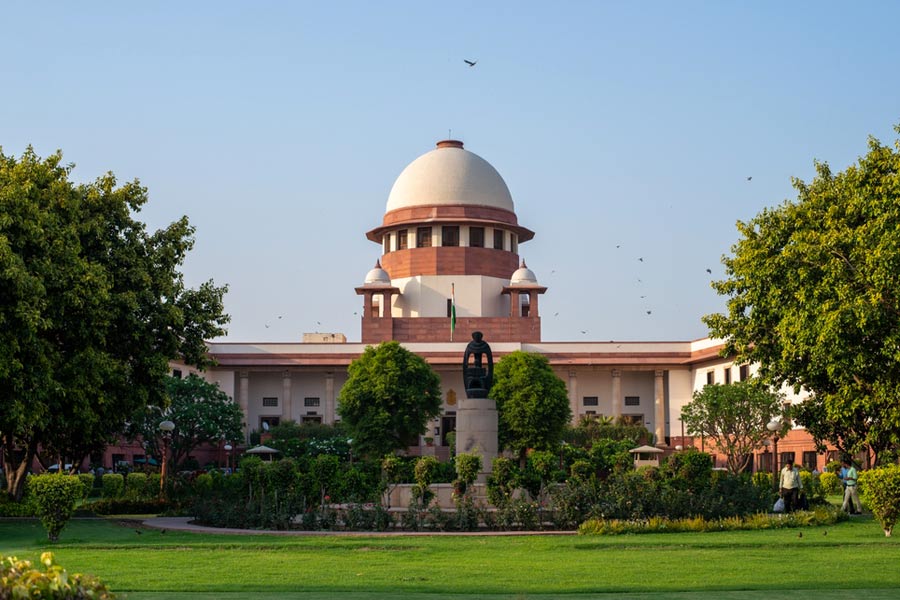The Supreme Court registry has rejected an application moved by the Union government seeking permission to allocate spectrum and other natural resources through means other than auctions.
However, the government plans to go ahead with the allocation of spectrum for satellite broadband to Elon Musk’s Starlink and Sunil Mittal’s OneWeb under the Telecommunications Act 2023, officials of the Department of Telecommunications (DoT) said.
The officials said the rejection of the clarification was not a setback nor did it tie the hands of the government.
They pointed out that the Telecom Act 2023 has superseded the 2012 verdict of the Supreme Court.
The Centre had moved the application seeking clarification of the 2012 judgment by the apex court in the 2G spectrum scandal case that henceforth spectrum and other natural resources should be sold only through public auction and not on first-cum-first served basis.
However, in response to a Presidential reference, the apex court clarified the verdict was specific to the 2G spectrum and not a blanket statement applicable to all natural resources.
The 2023 Act states that “the Central Government, being the owner of the spectrum on behalf of the people, shall assign the spectrum by this Act, and may notify a National Frequency Allocation Plan from time to time.
“Any person intending to use spectrum shall require an assignment from the Central Government.
The Central Government may prescribe such terms and conditions as may be applicable, for such assignment of spectrum, including the frequency range, methodology for pricing, price, fees and charges, payment mechanism, duration and procedure for the same.
“The Central Government shall assign spectrum for telecommunication through auction except for entries listed in the First Schedule for which assignment shall be done by administrative process.”
According to the first schedule, the Centre can administratively allocate spectrum to 19 sectors outside of auctions.
While the telecommunications act allows spectrum allocation without auction for point-to-point satellite communications, nuances in VSAT licenses may require adjustments to align with the new law.
Registry decision
The NDA government chose to file an application seeking reconsideration of the 2012 judgment on the ground that sovereign functions and national interests are being affected, hence, the government be allowed to dispose of natural resources through methods other than auction.
The registry comprising administrative officials refused to admit the application and said the judgment had already attained finality. A review of the judgment is not permitted under Order 15, Rule 5 of the Supreme Court, 2013 rules.










